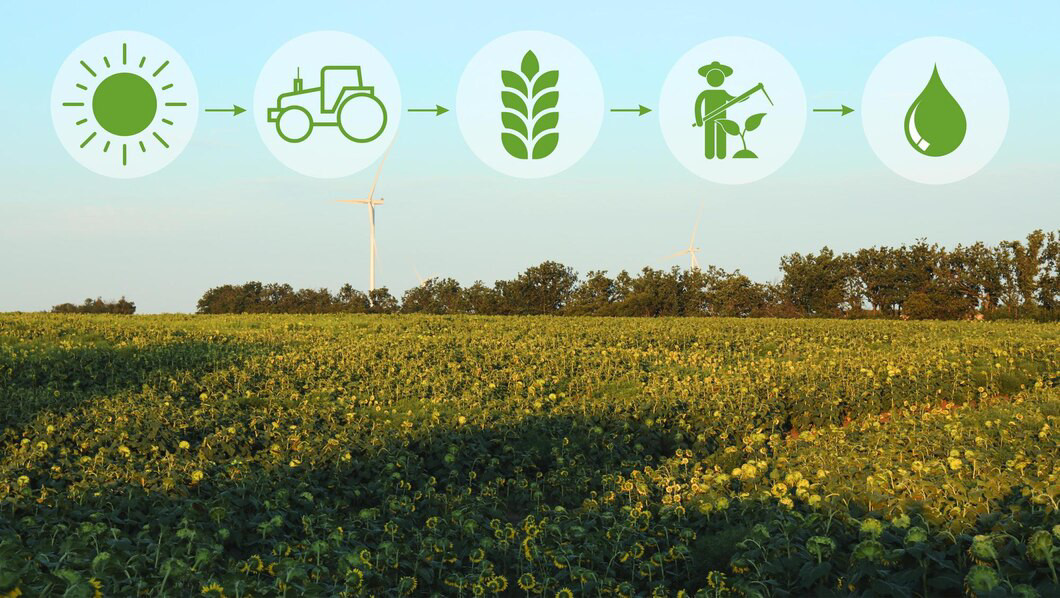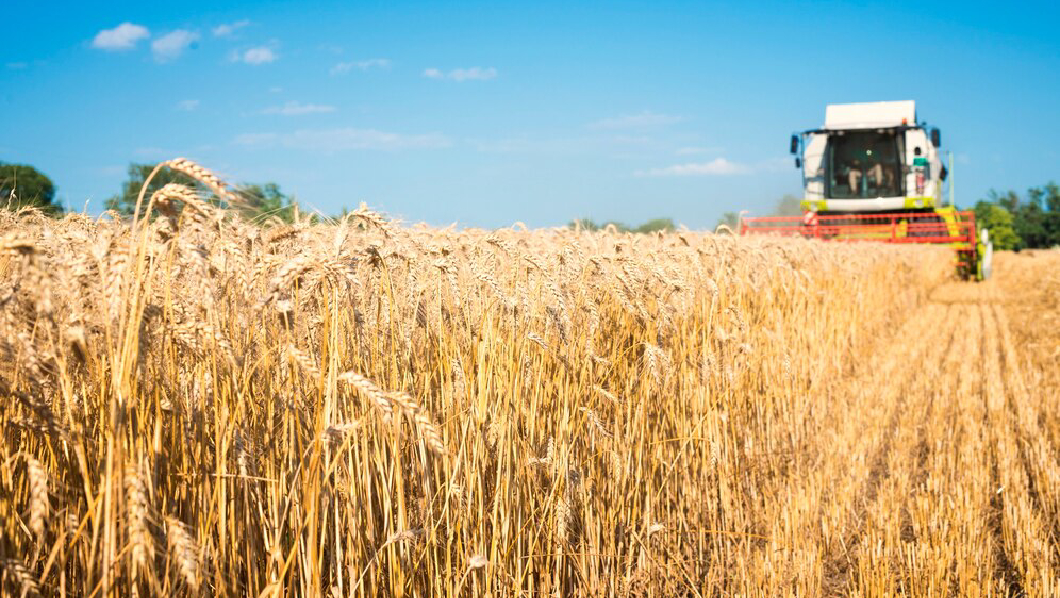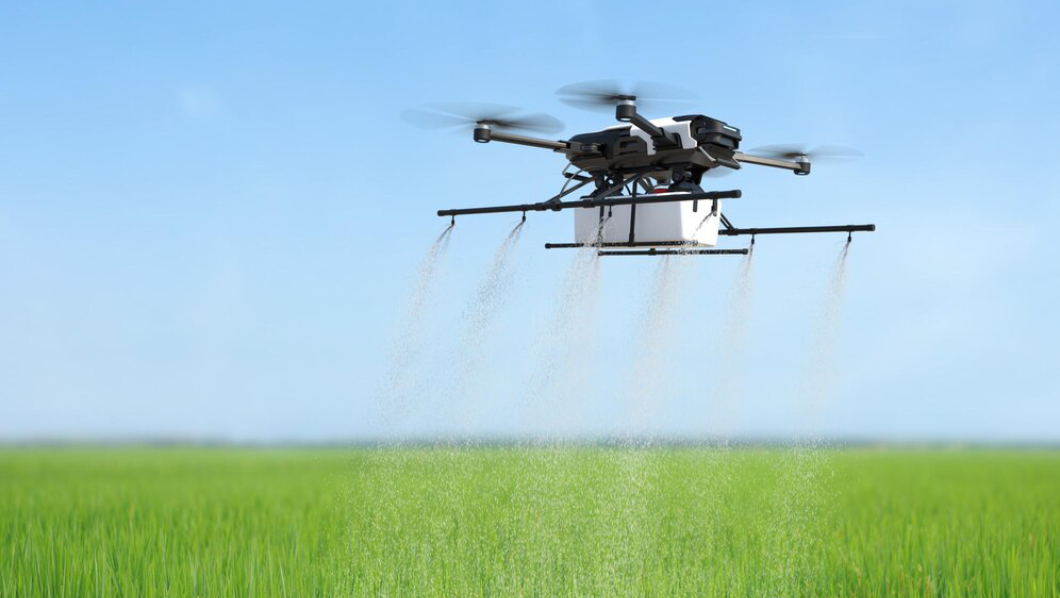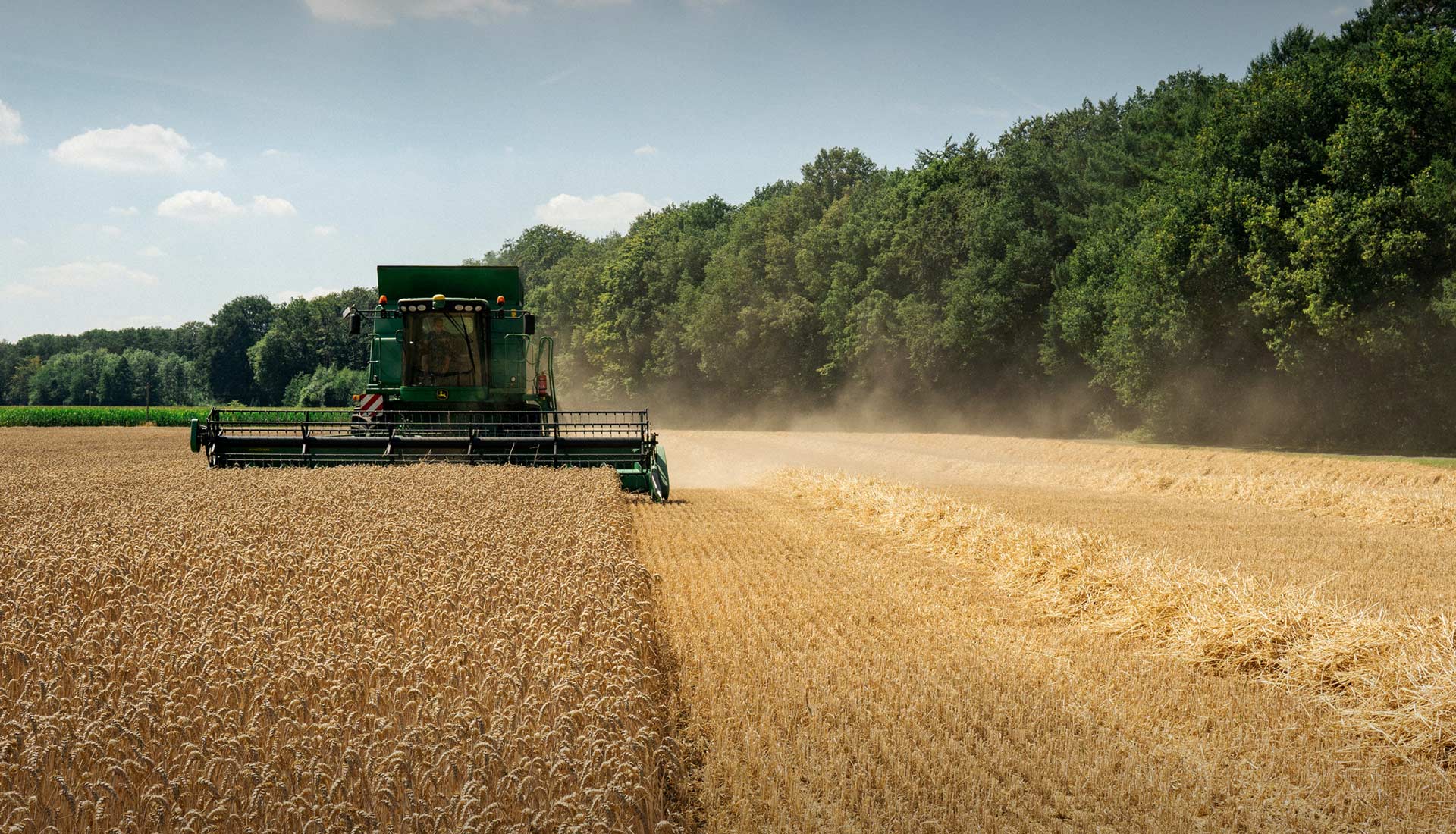
Navigating the Pesticide Conundrum: Balancing Agriculture and Environmental Impact
Introduction:
Pesticides play a pivotal role in modern agriculture, safeguarding crops from pests and diseases. However, the use of these chemical agents has raised concerns about their impact on the environment, human health, and overall sustainability. This blog explores the intricate balance between the agricultural benefits of pesticides and the imperative to minimize their adverse effects.
The Need for Pesticides:
Pests, diseases, and weeds pose significant threats to crop yields, making pesticides a crucial tool for farmers. Understanding the necessity of protecting crops against these challenges is fundamental to appreciating the role of pesticides in ensuring food security on a global scale.
Environmental Impact:
The widespread use of pesticides has raised environmental concerns, including soil degradation, water contamination, and harm to non-target species. Delving into these environmental repercussions is essential for fostering a nuanced understanding of the challenges associated with pesticide usage.
Alternative Pest Management Strategies:
Explore sustainable alternatives to conventional pesticide use, such as integrated pest management (IPM). IPM combines biological, cultural, and chemical control methods to reduce reliance on pesticides, fostering a holistic and environmentally conscious approach to pest management.
Regulatory Measures and Compliance:
Investigate the regulatory landscape surrounding pesticides, emphasizing the importance of adherence to guidelines and the development of eco-friendly formulations. Highlighting the role of responsible pesticide usage in mitigating environmental impact is crucial for promoting sustainable agricultural practices.
Emerging Technologies in Pest Control:
Shed light on innovative technologies like biopesticides, precision farming, and genetic modification, which offer more targeted and environmentally friendly approaches to pest control. These advancements signal a shift toward sustainable and technologically-driven solutions in agriculture.
Impact on Human Health:
Address concerns related to pesticide residues in food and their potential impact on human health. Discuss the importance of proper application methods, residue monitoring, and consumer awareness to ensure the safety of agricultural produce.
Conclusion:
As agriculture grapples with the dual challenge of feeding a growing global population and minimizing environmental impact, a thoughtful and informed approach to pesticide usage becomes imperative. By exploring the complexities surrounding pesticides, from their necessity in crop protection to the environmental and health concerns they raise, we can foster a dialogue on sustainable agricultural practices that balance productivity with environmental stewardship.





